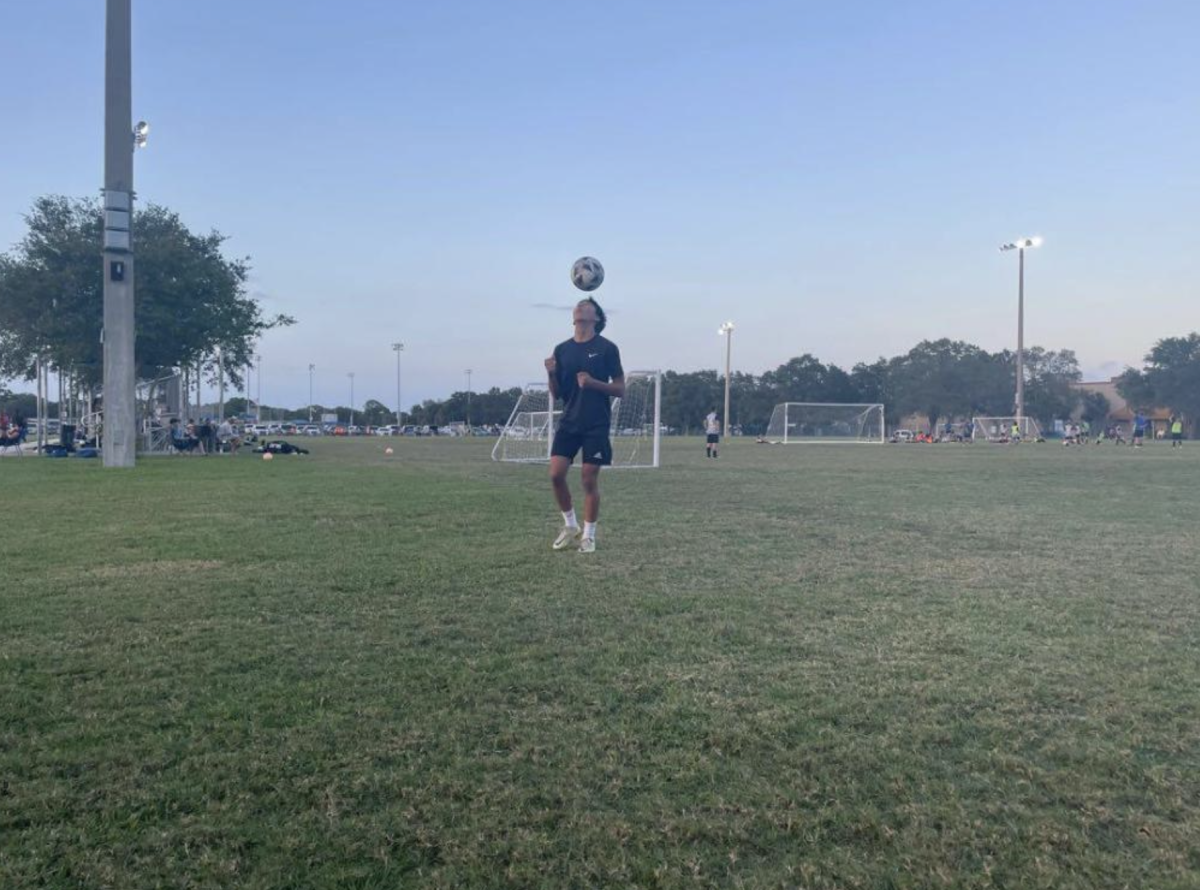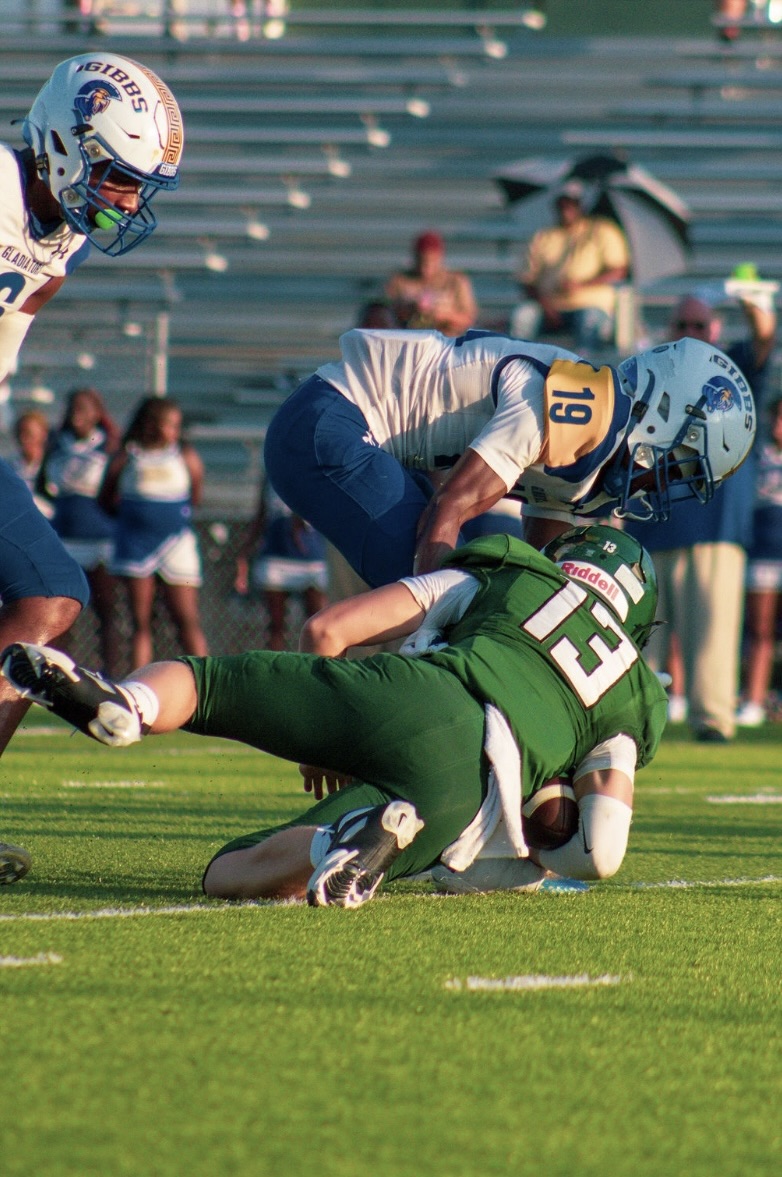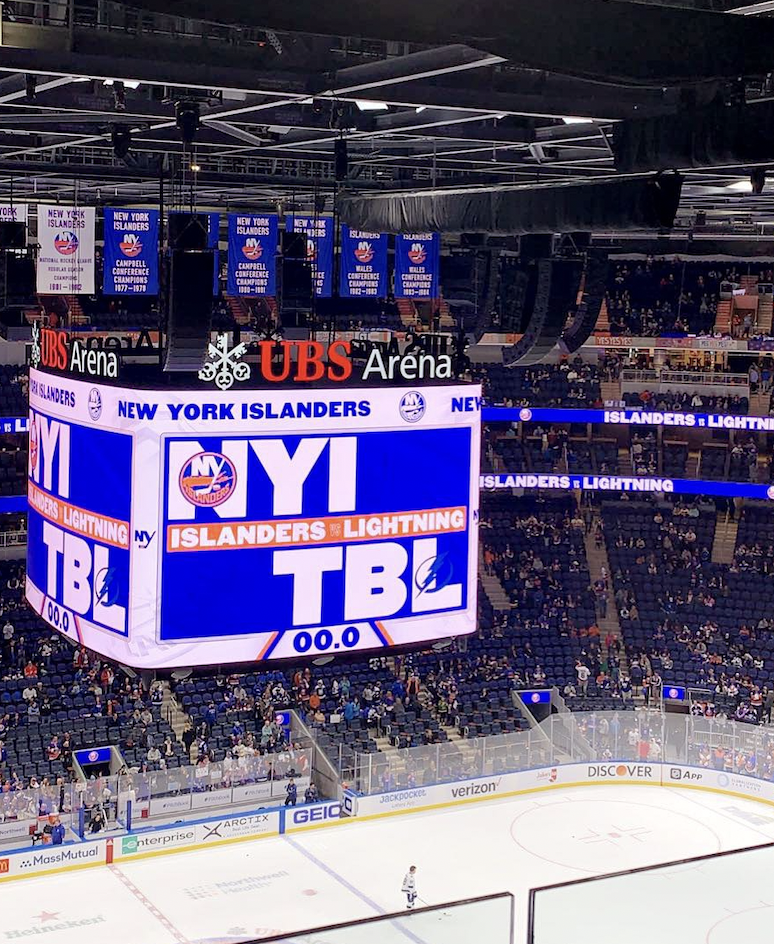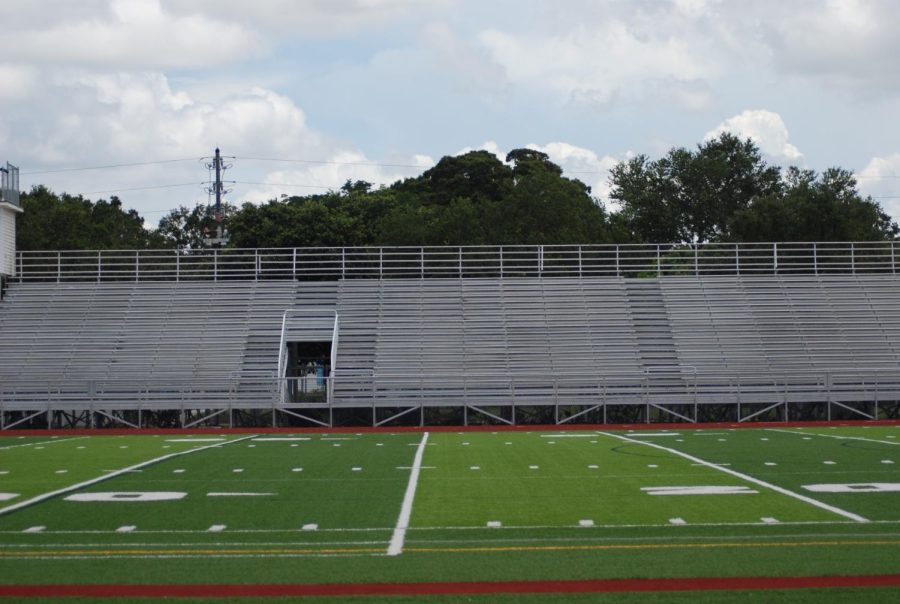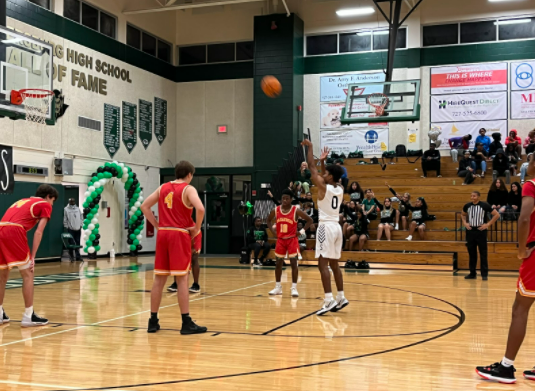Millions of people worldwide participate in some sort of sport or physical activity. While their motives may all be different, they all have a goal. For some, it is as simple as enjoying themselves or getting out of the house. Others strive for goals requiring a much greater commitment and dedication, such as receiving a scholarship or overcoming an injury.
No matter what leads you to participate in a sport, there is always at least one benefit to reap. While playing sports has several possible negative effects, they are almost always associated with professional athletes who center their lives around their game. However, these effects are not unique to athletes; wanting to succeed in something you do professionally carries negative effects and stressors into every aspect of life. People working everyday jobs who are aiming for promotions experience negative effects from the stress accompanying their want to advance as well. These stressors express themselves differently in different settings; however, they’re specific to the individual, so it is unrealistic to generalize to all athletes.
Most people partake in physical activity without it evolving into their life’s purpose. In these cases, the positive effects are countless. All physical activity stimulates neurotransmitters, which induce feelings of pleasure and satisfaction. Also, it creates a feeling of accomplishment and often increases self-esteem. Consistent physical activity has even proven effective at keeping depression and anxiety at all-time lows for those struggling with them. Lack of physical activity can often lead to increased negative thoughts and feelings, as when you regularly work out, the amount of stress hormones in the body decreases.
There are more possible benefits when it comes to team sports, where you are required to work alongside others. Team sports increase social interaction in a recreational setting, creating an environment to make new connections and friends. It also improves your thinking process by further developing analytical skills and judgment. Learning to work as part of a team towards a larger goal rather than focusing on the individual is a great takeaway from team sports. Working out can also help to maintain one’s weight and preferred physical conditions. Especially for seniors, given that the CDC has recommended exercise for the elderly as it decreases the effects of arthritis and reduces swelling. Not to mention, depression rates in athletes are at 44.6%, while they’re 54.4% in non-athletes.
One of our own here at St. Petersburg High School is a dedicated soccer player. Benjamin Flores, a junior in the IB Program, plays both school and club soccer. When asked if having a bad day causes him to dread the practice to come later in the day, he stated, “No matter what kind of day I have, I always look forward to practice regardless.” This is because he “enjoys practicing and improving” his skills every chance he gets. After every practice, he attests to being filled with that same sense of accomplishment mentioned earlier. Post-practice, he feels uplifted and has learned to “review what [he] did during the practice” and then “apply it” to the next game or practice to improve at the fastest rate possible.
Many athletes, no matter how alike or different from Benjamin Flores, experience innumerable benefits from participating in sports or other physical activities. From improving your mental state, physical state, or social skills, the positive impacts of working out are evident.


